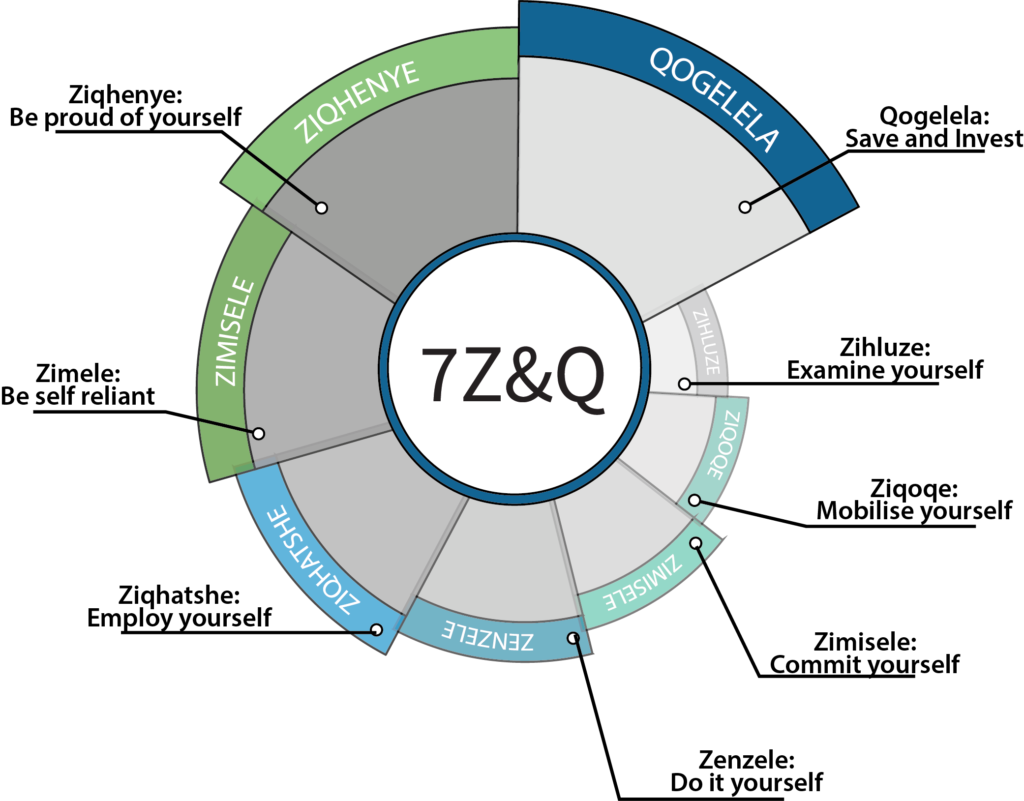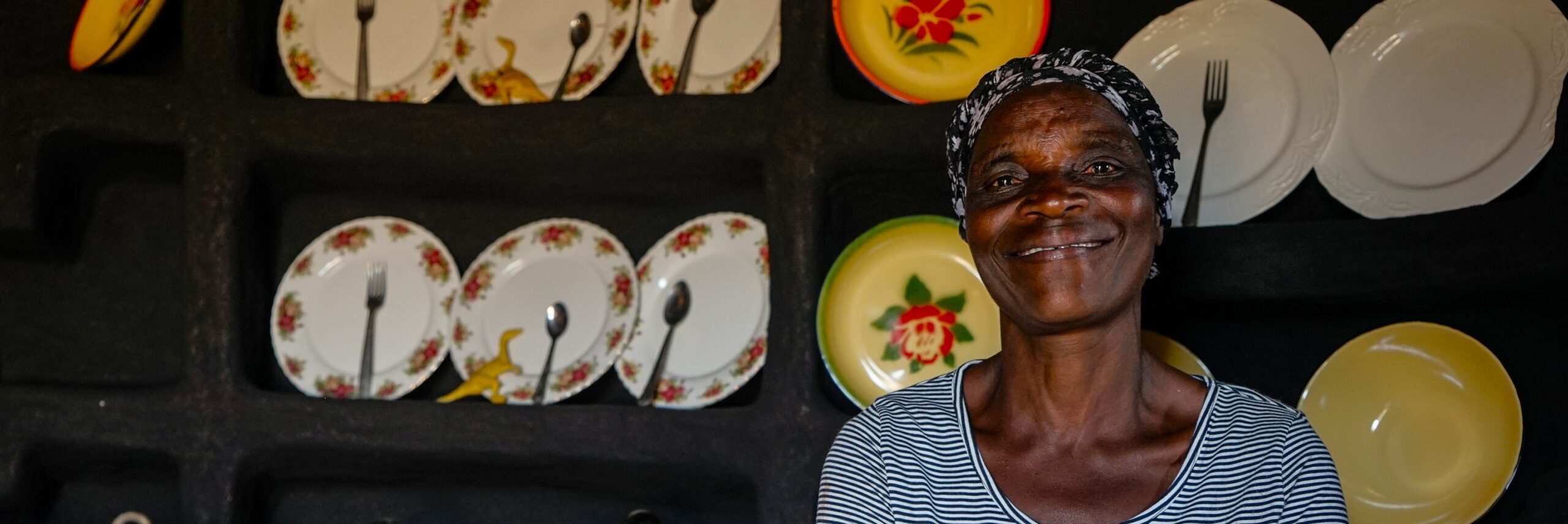
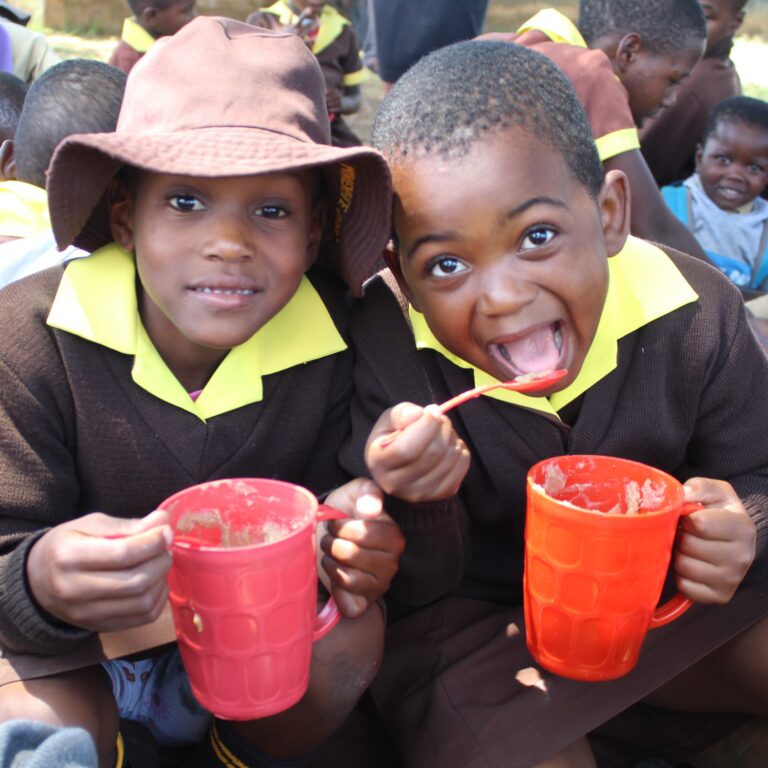
Mission and vision
OUR MISSION:
ORAP exists to fight all forms of poverty, principally among the rural communities of women, men and youth through the empowerment of people by facilitating their development in their cultural context.
OUR VISION:
ORAP envisions empowered grassroots communities of women, men and youth free of hunger and poverty, where the disadvantaged communities of women, men and youth should draw up their own plans and uplift themselves relying mainly on their own intellect and available resources.
OUR GOAL:
To see rural communities of women, men and youth enabled to plan, implement and manage poverty alleviation strategies on a sustainable basis.
VALUES: 1. Ubuntu. 2. Integrity. 3. Excellence. 4. Dialogue.
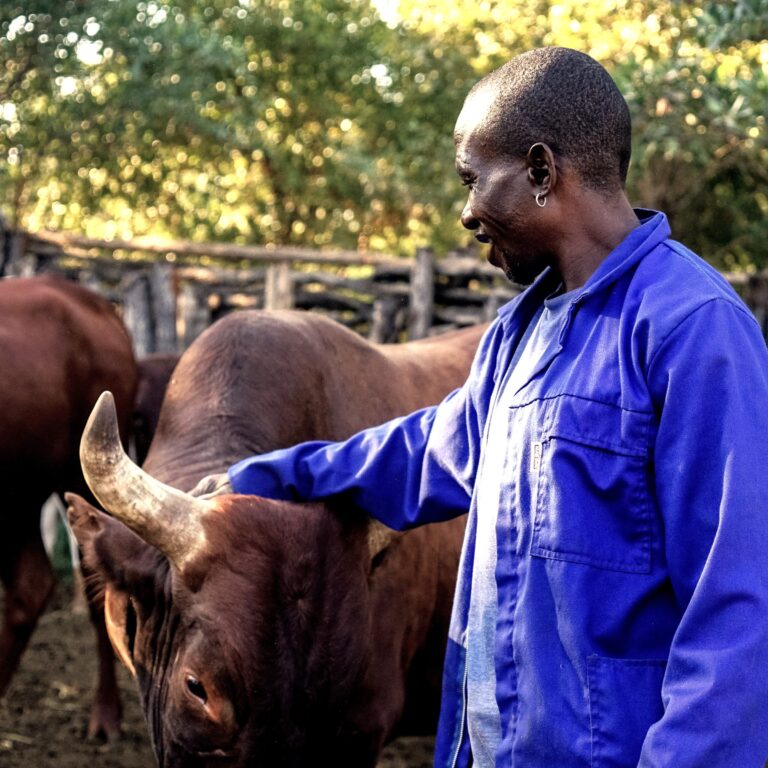
ORAP Background
We are an indigenous, culturally-rooted membership based movement for development. Founded in 1980, the organization was registered as a welfare organization in 1981, dedicated to the promotion of rural development from the perspective of grassroots communities in Zimbabwe. We work across four provinces of Zimbabwe: Bulawayo, Matabeleland North, Matabeleland South and Midlands.
ORAP was established as a result of a strong passion to:
- Eradicate poverty between and amongst the rural poor (women, Men and youth).
- Include the marginalized and the underprivileged members of Society, children, women and men into the mainstream of the Economy.
- Empower the rural poor, women and men socially, legally, Economically, politically and technologically.
- Provide an alternative approach to development in light of the Prevalent prescriptions and remedies for development.
- Preserve the best components of the traditional and local culture And use them as a springboard for further development.
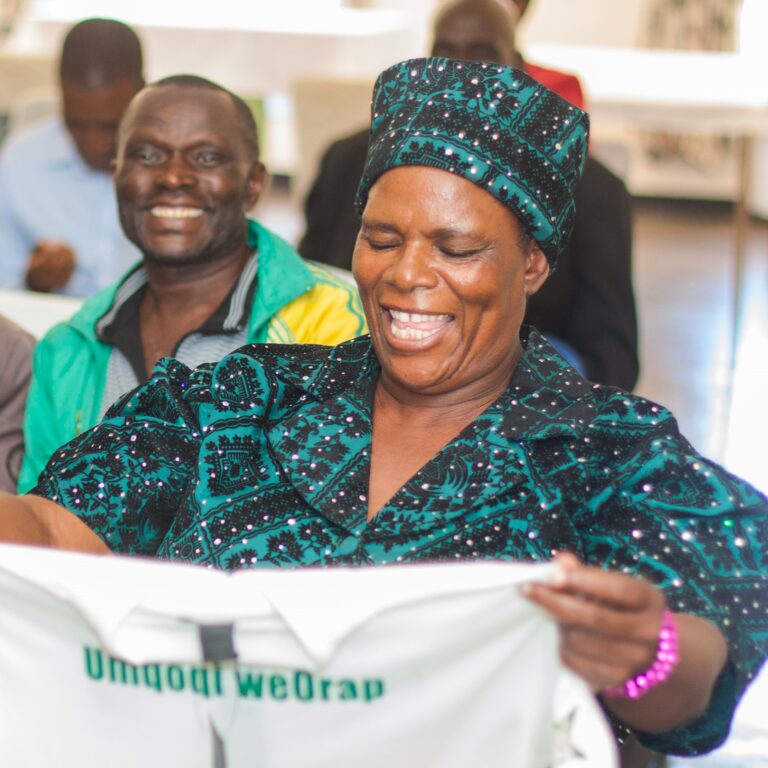
Philosophy
The philosophy of Zenzele (do it for yourself) is at the core of ORAP and it aims at building self-reliant communities that are resilient and free from hunger and poverty. Such communities can attain the fruits of development which are Nutrition, Enterprise and Wellness. These can be achieved by independently or collectively having unhindered access to adequate nutritious food through improving production, processing and utilisation technologies and practices, and diversifying livelihoods and income generation opportunities to live the desired quality of life.
